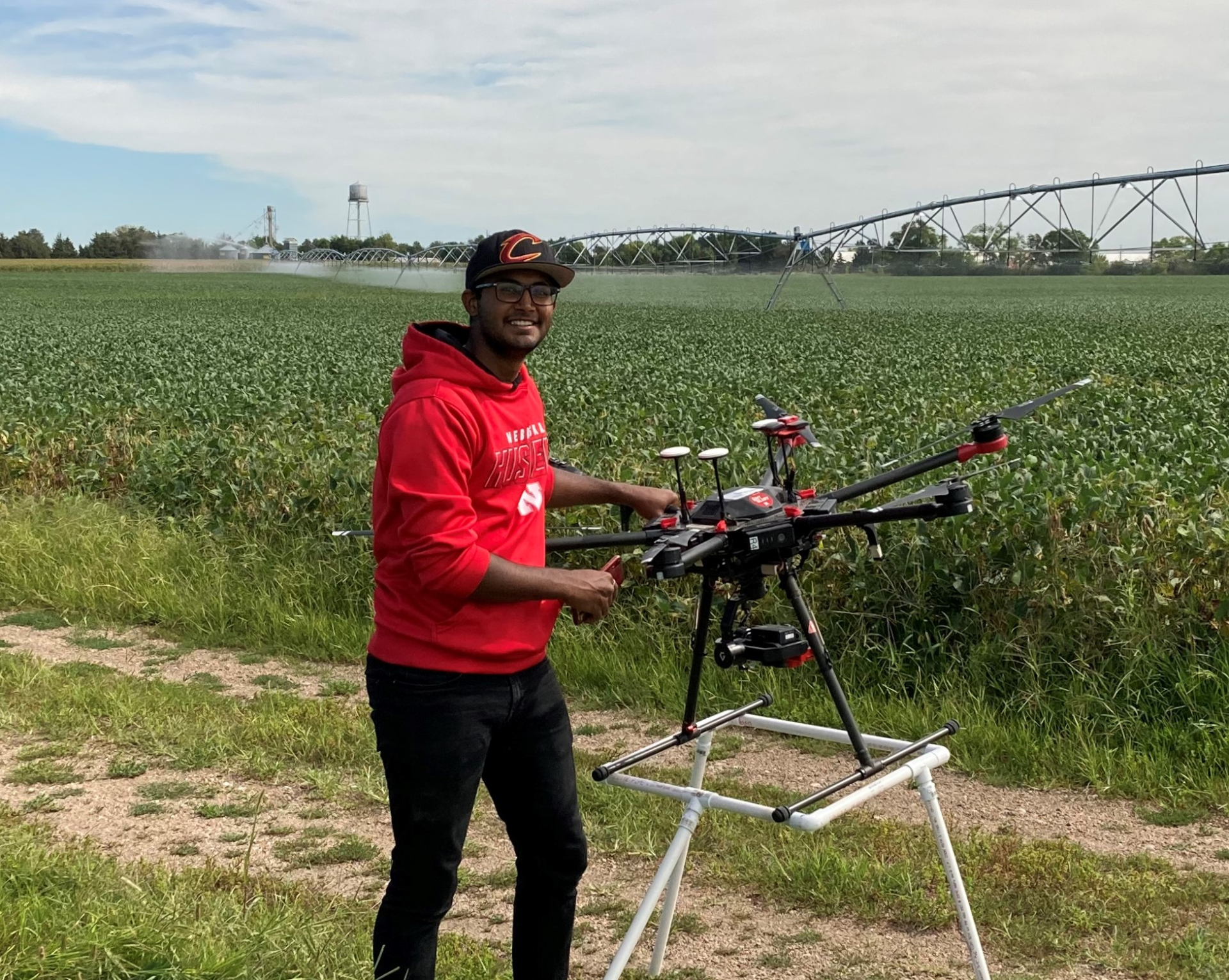Biological Systems Engineering, Department of

Department of Agricultural and Biological Systems Engineering: Masters Project Reports
First Advisor
Derek Heeren
Committee Members
Aaron Mittelstet, Randall Ritzema, Saleh Taghvaeian
Date of this Version
8-2024
Document Type
Project
Citation
A project report for MSYM 897 presented to the faculty of the Graduate College at the University of Nebraska in partial fulfillment of requirements for the degree of Master of Science
Major: Mechanized Systems Management
Specialization: Irrigation and Agricultural Water Management
Department: Biological Systems Engineering, UNL
Under the supervision of Professor Derek Heeren
Lincoln, Nebraska, August 2024
Abstract
In Chapter 1, soil properties essential for efficient irrigation are thoroughly assessed. Factors such as soil texture, infiltration rates, and nutrient content are analyzed to provide insights into the selection of modern irrigation systems. Utilizing data collected from 3,192 locations through GPS and laboratory analyses, alongside sophisticated ranking systems, the research determines the most suitable irrigation methods for specific soil series. Findings highlight the remarkable efficiency of drip irrigation across various soil types, contrasting with the consistently lower performance of surface irrigation. The chapter emphasizes the significance of considering soil variability, evapotranspiration, and investment factors in selecting irrigation methods for sustainable water management. In Chapter 2, we extended the focus to assess land suitability for various irrigation methods across different soil series in Sudan. Employing the parametric evaluation system, the study examines crucial factors such as soil texture, depth, calcium carbonate content, drainage properties, and slope. Results reveal significant variability in the suitability of irrigation methods across soil series, with certain soil types demonstrating moderate suitability for sprinkler and drip irrigation. The chapter underscores the importance of considering soil-specific challenges and irrigation method compatibility for sustainable water use in Sudan's semi-arid regions.
Advisor: Derek Heeren
Included in
Agronomy and Crop Sciences Commons, Bioresource and Agricultural Engineering Commons, Soil Science Commons


Comments
Copyright 2024, Suhib O. Hamid. Used by permission